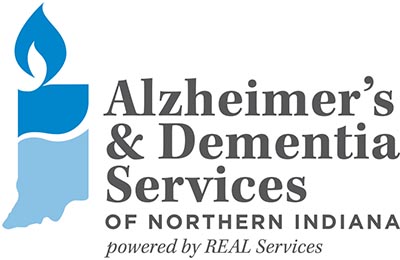Definitions
Normal Age-Associated Memory Loss Slowdown of the ability to process new information (e.g., learn a new card game Slowdown of short-term memory (e.g., where did I put my keys, glasses?) Slowdown of search and retrieval functions (e.g., forgetting names, words Dementia The loss of cognitive or intellectual function, such as thinking, remembering, and reasoning, so severe that it interferes with … Read More
